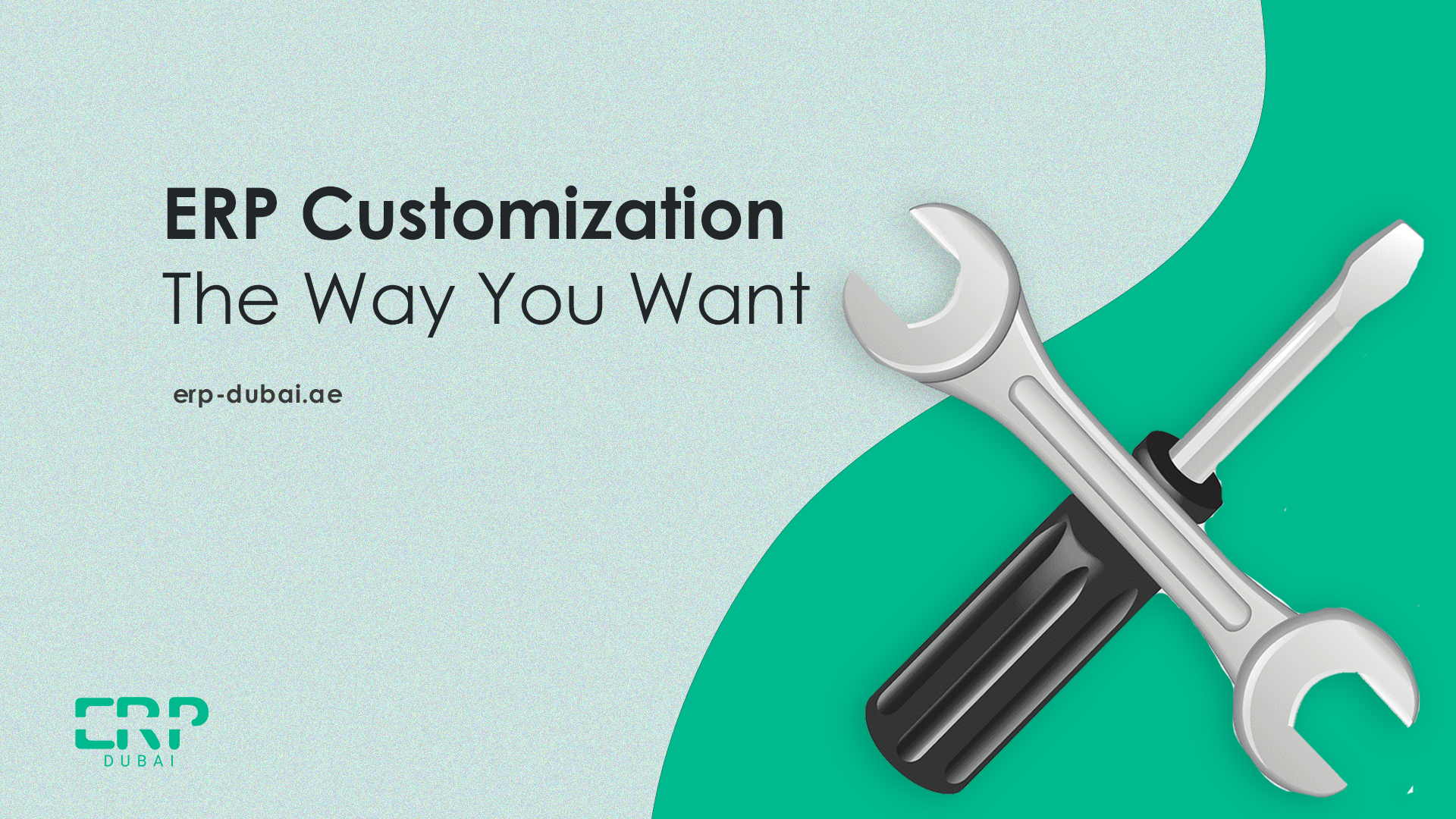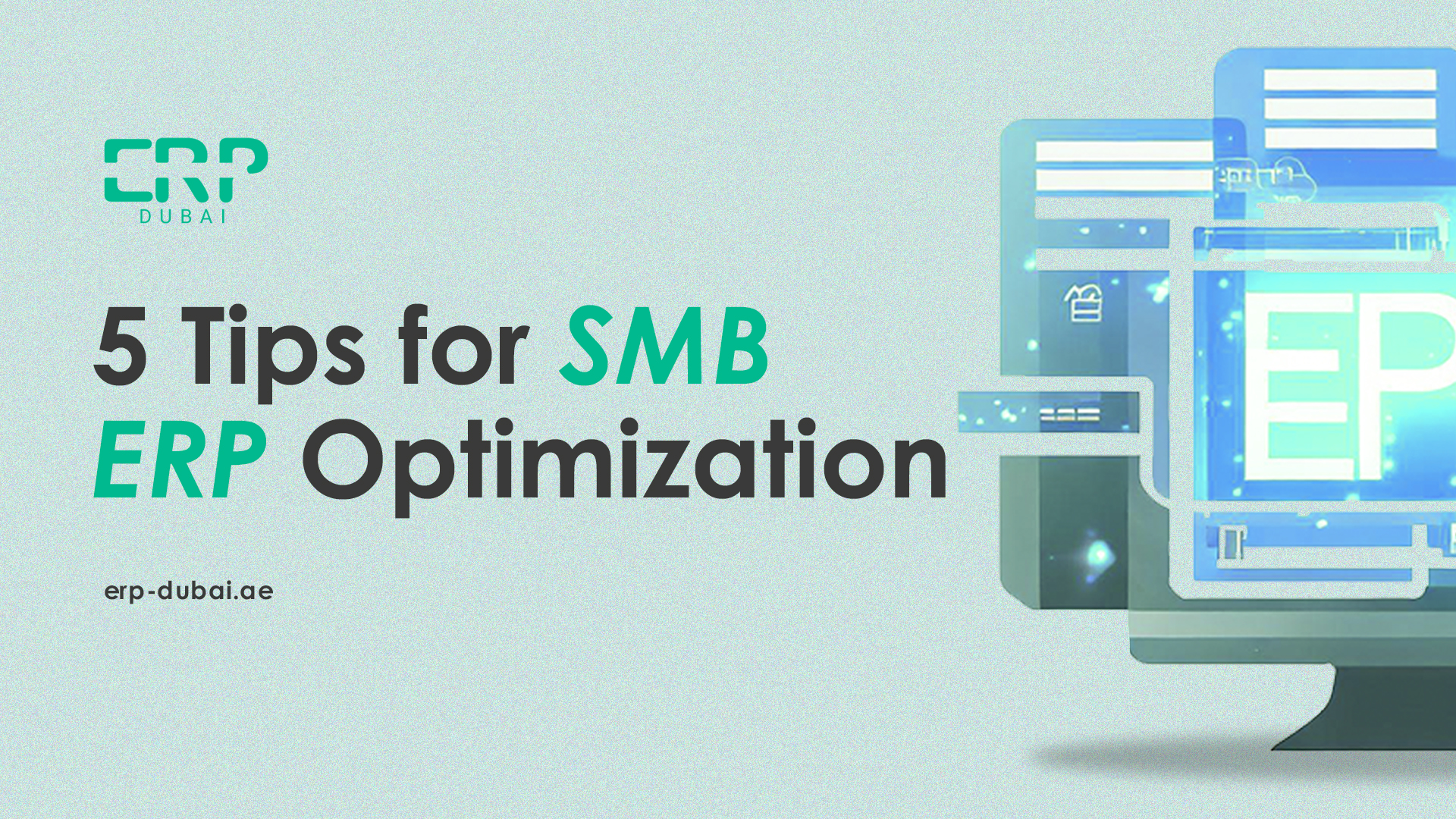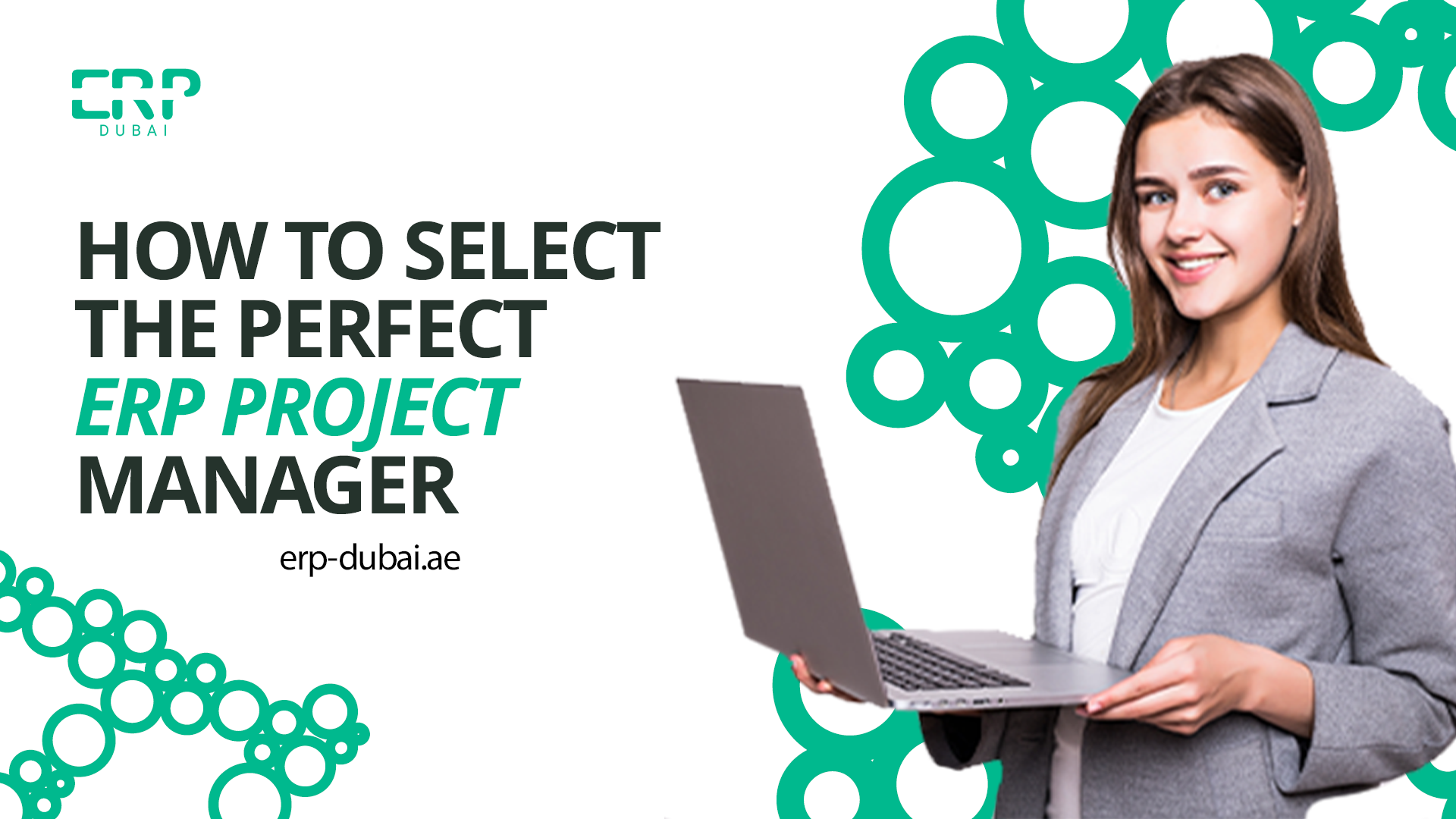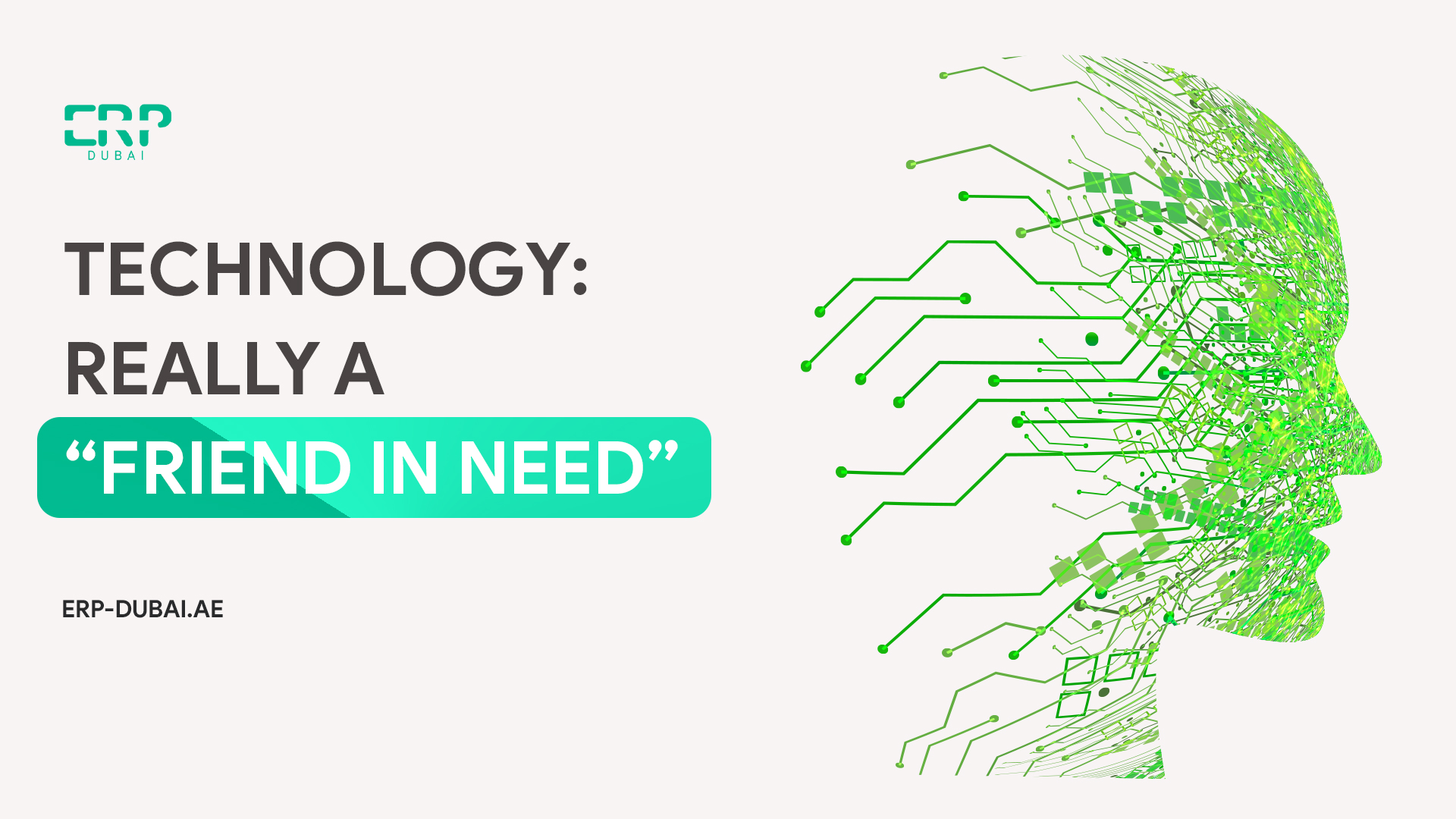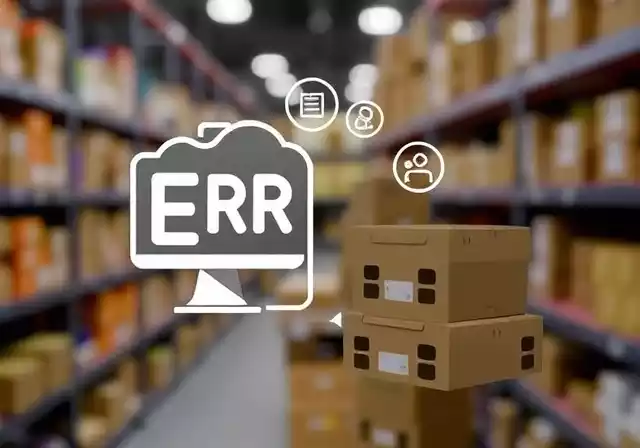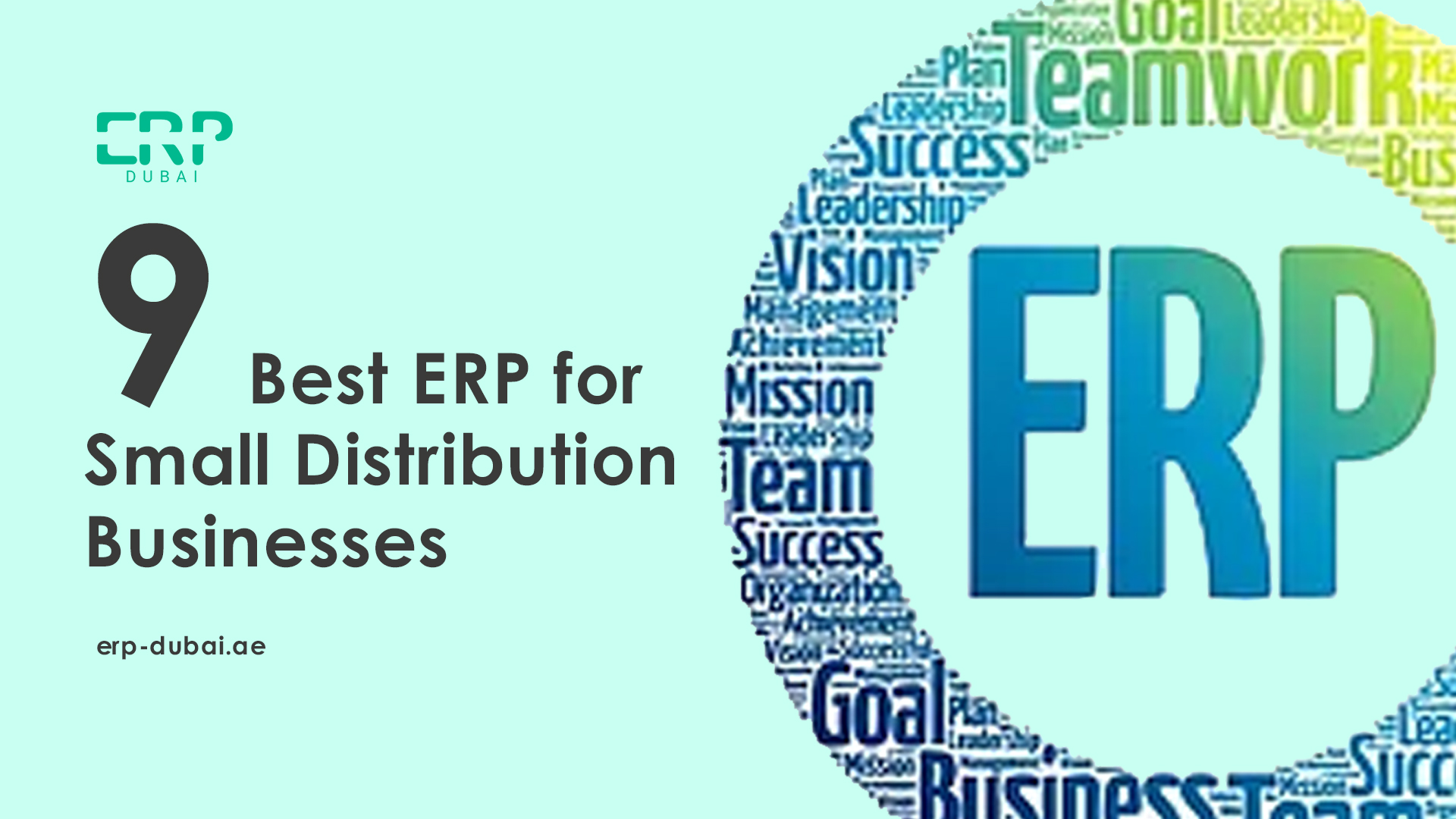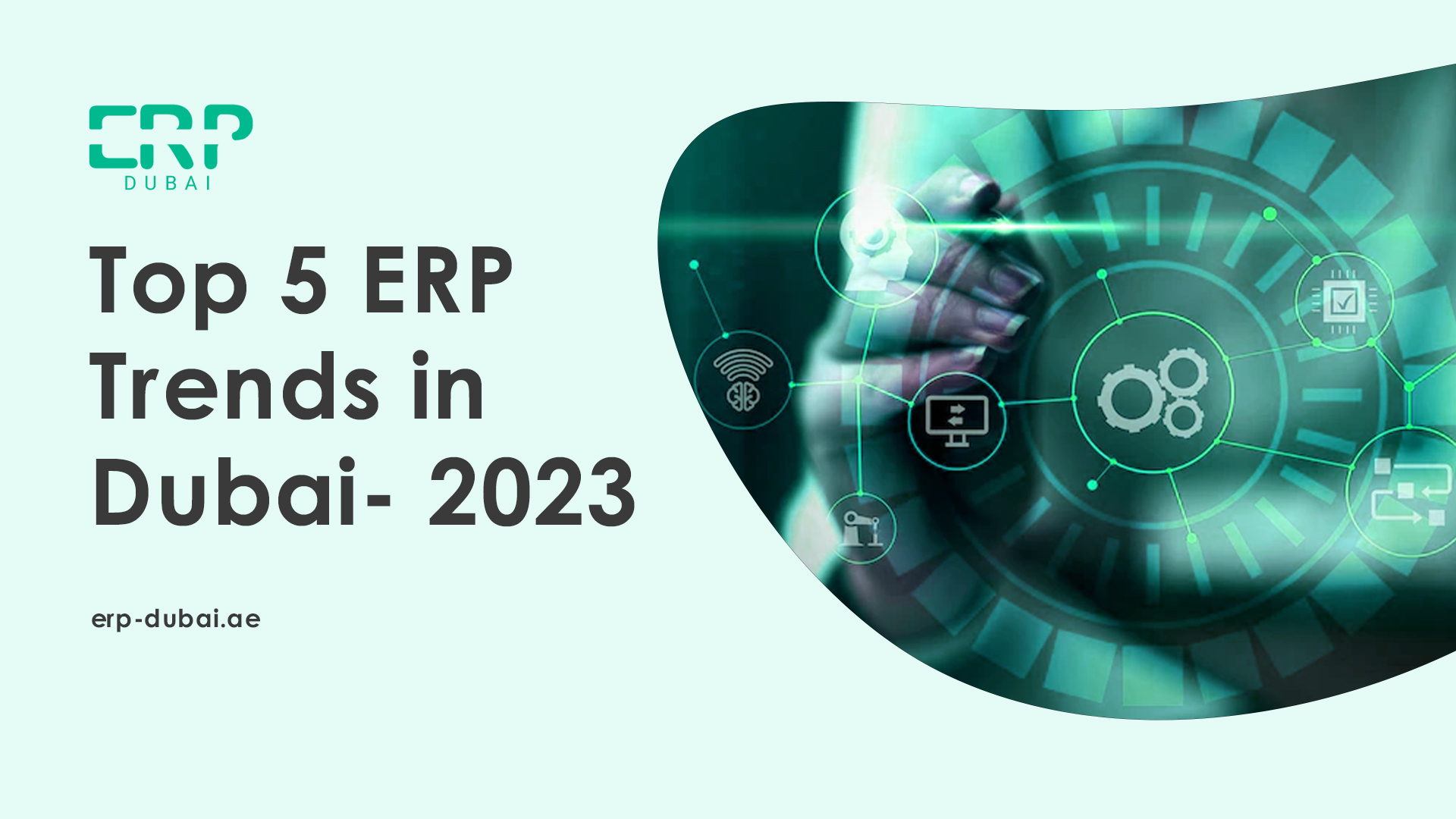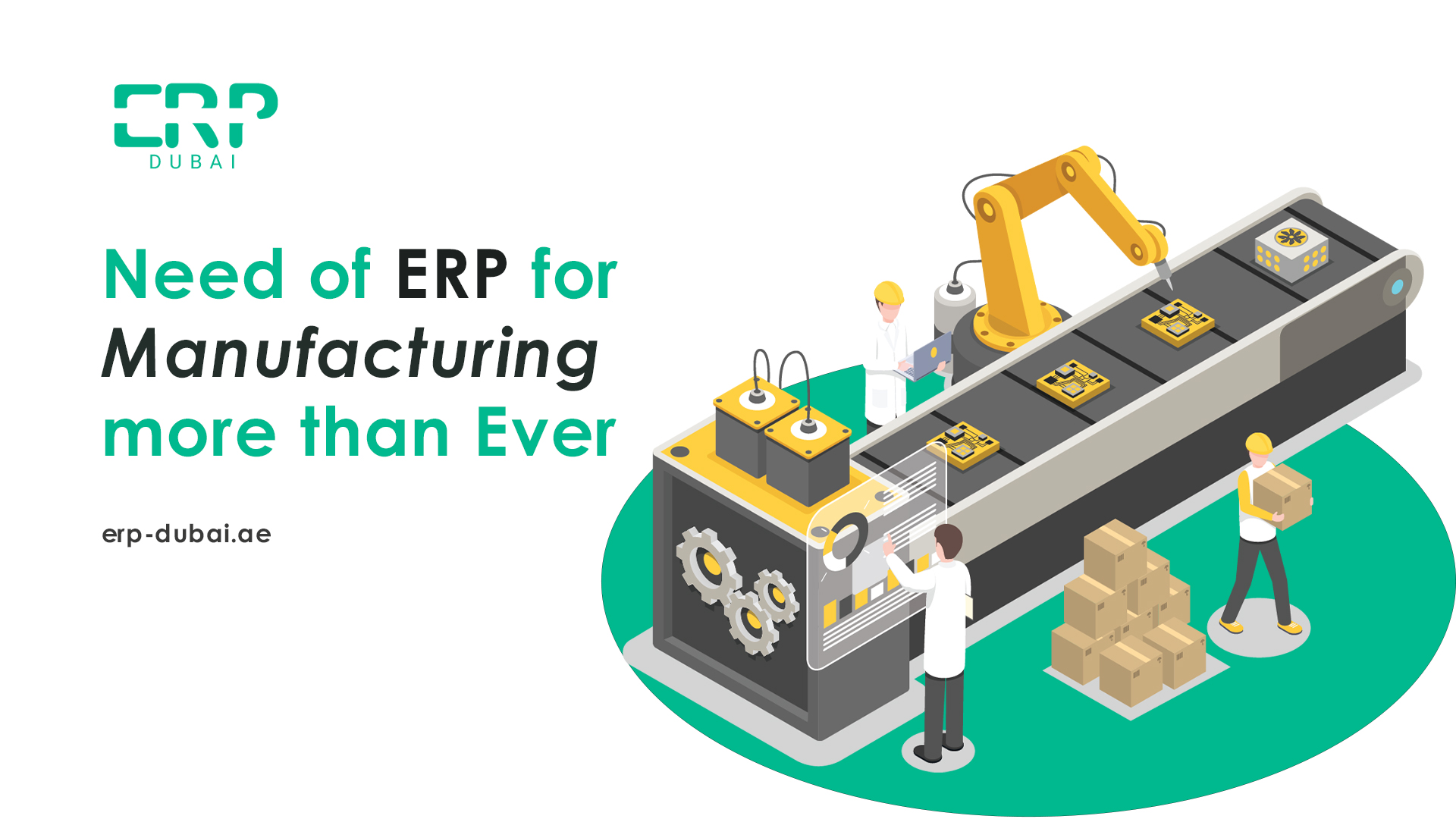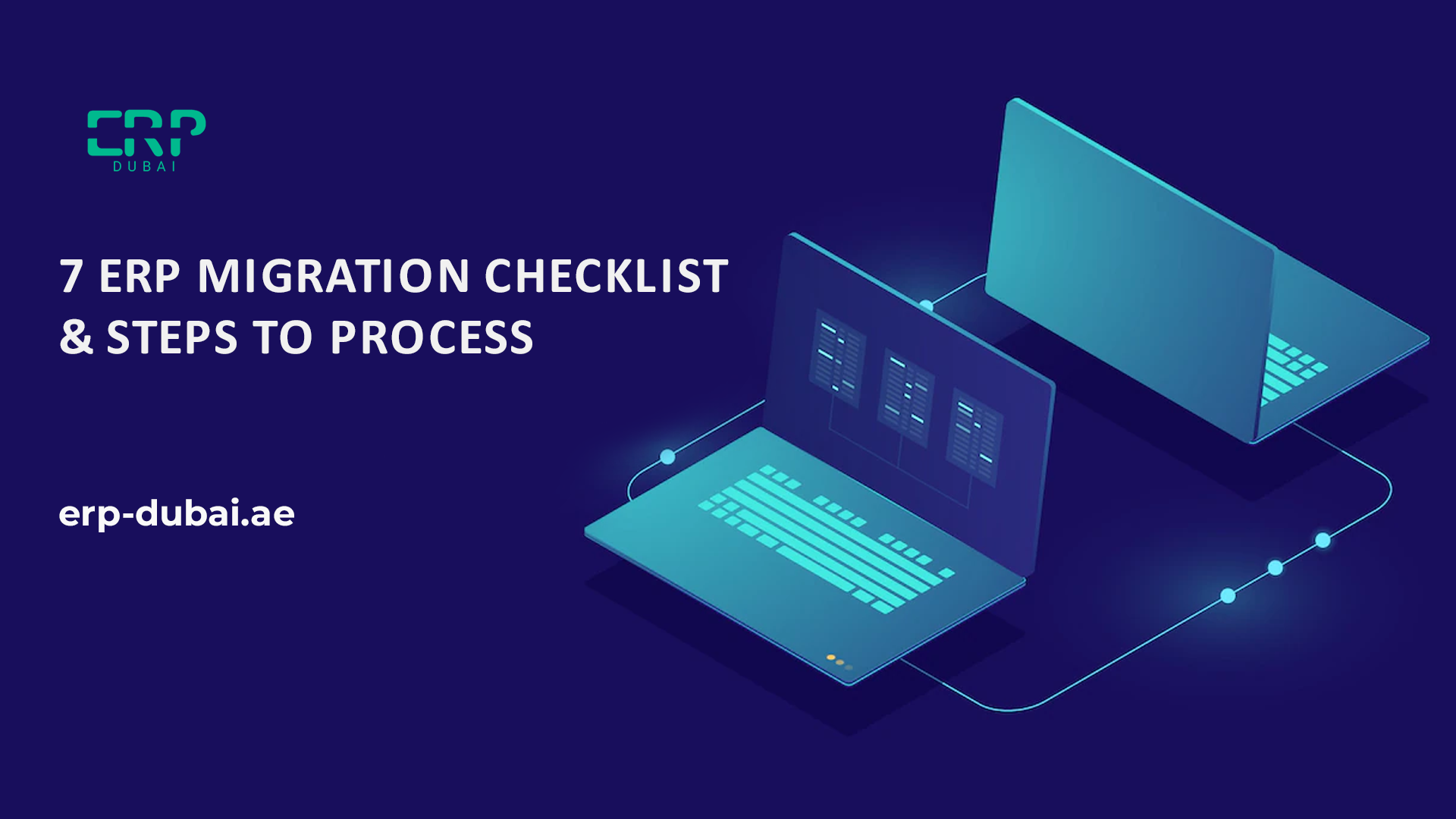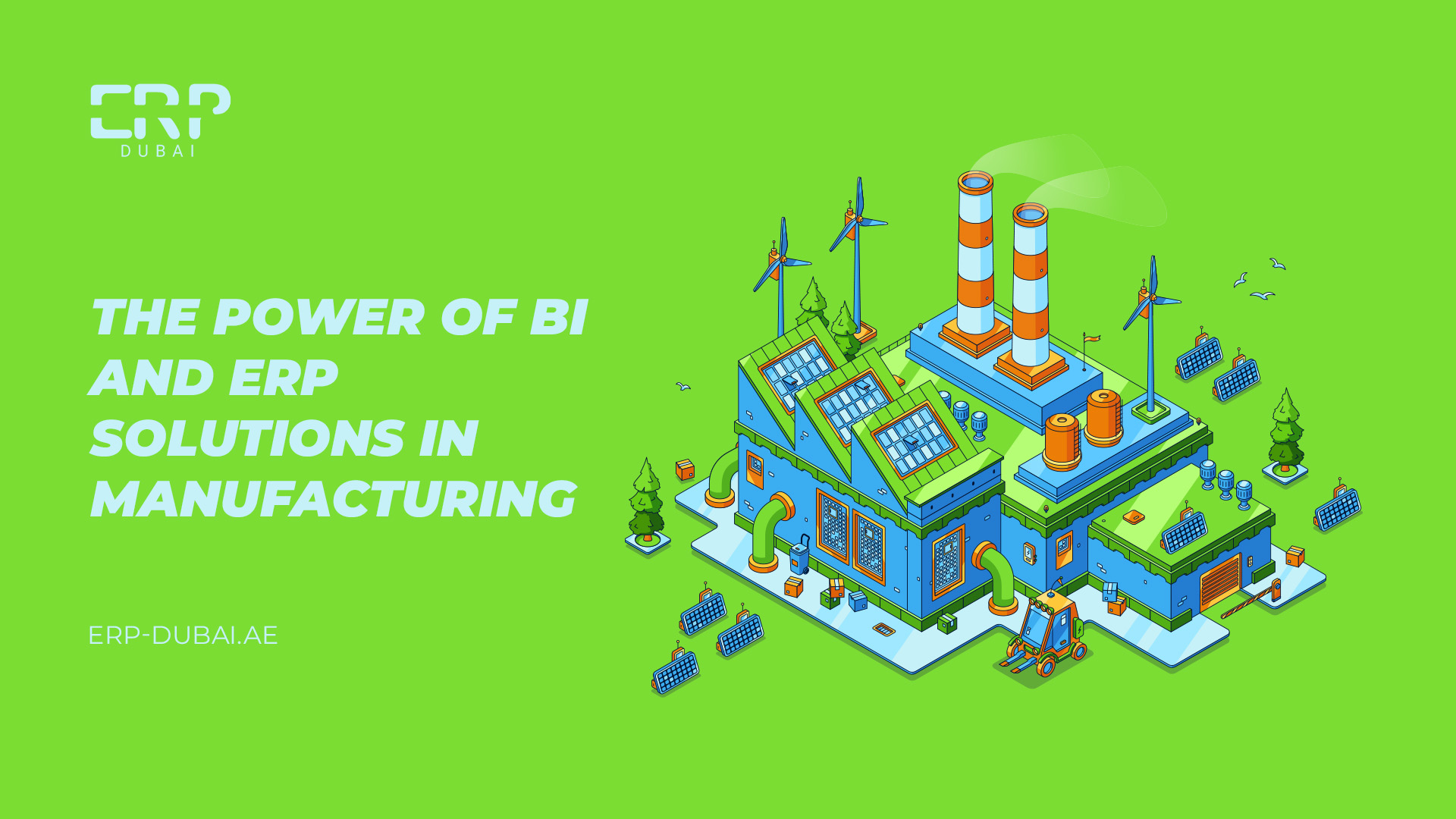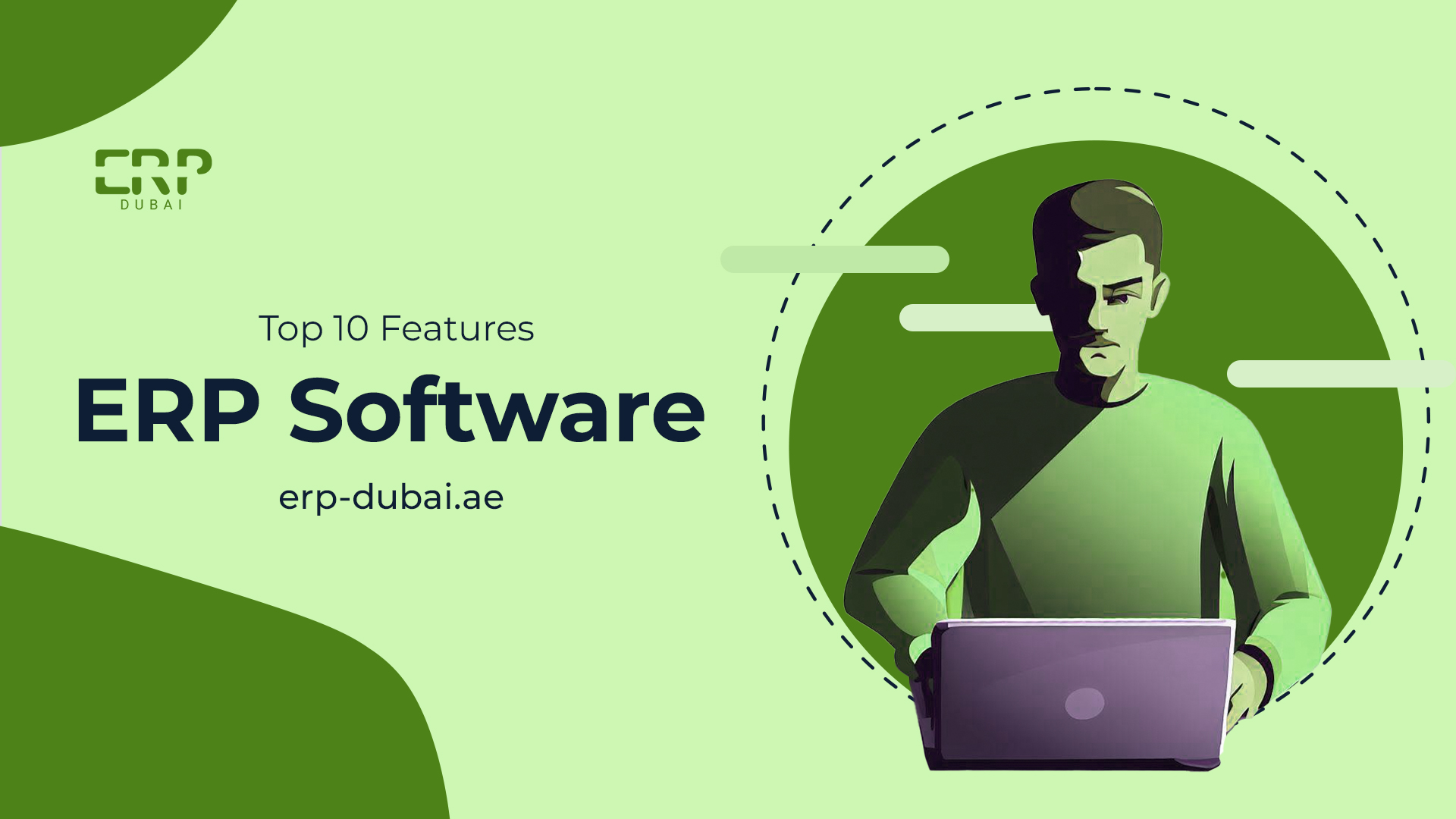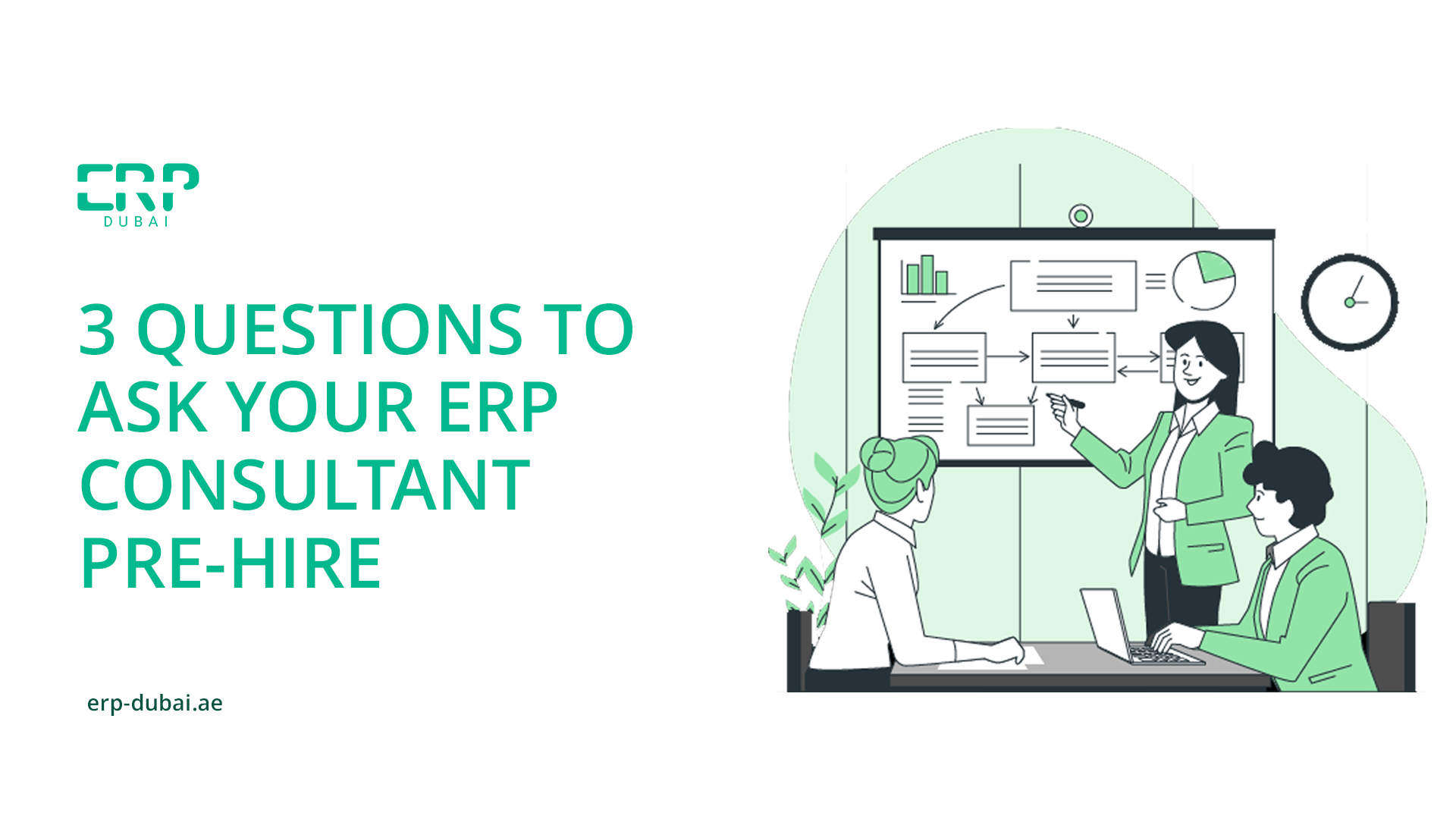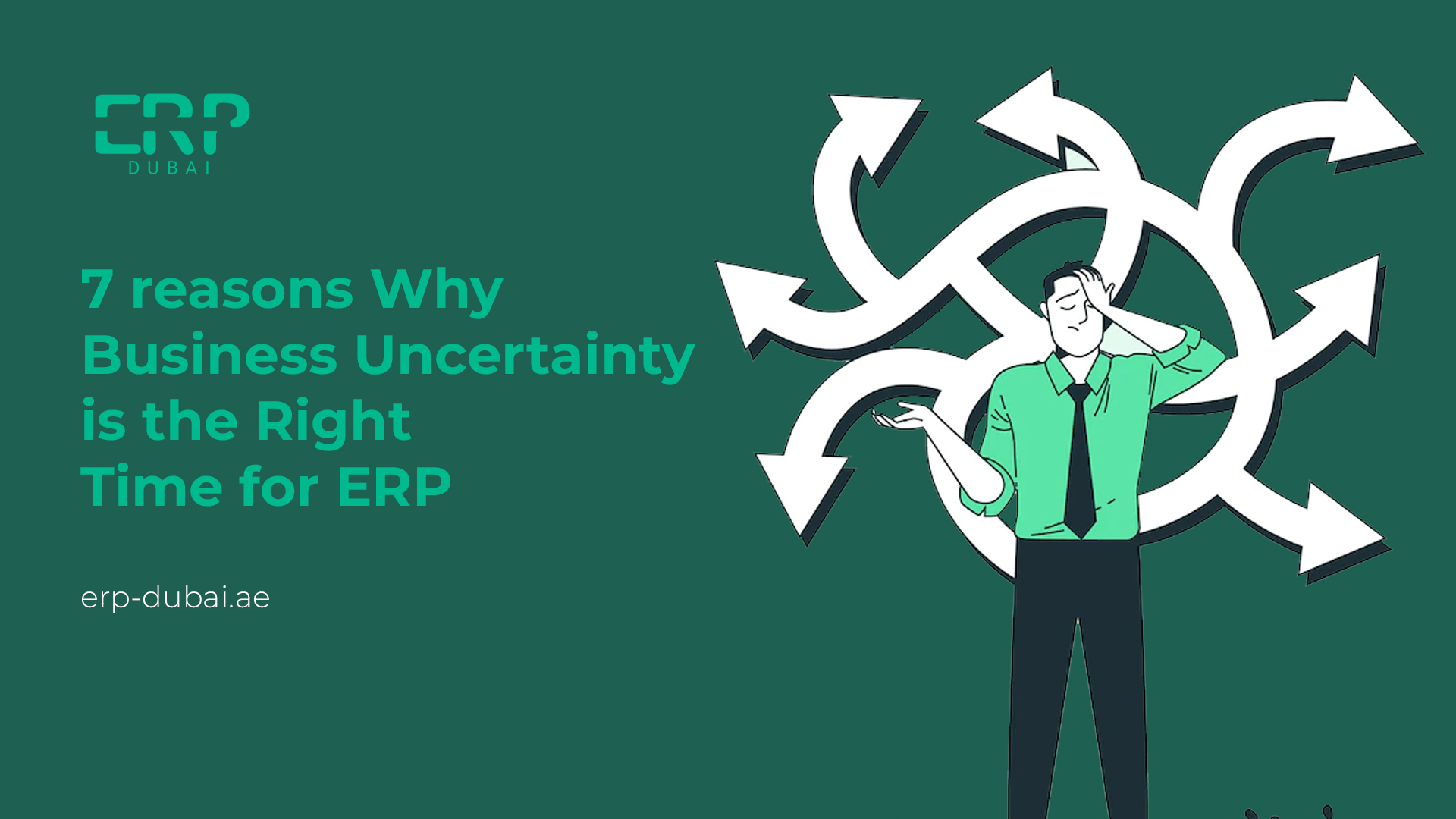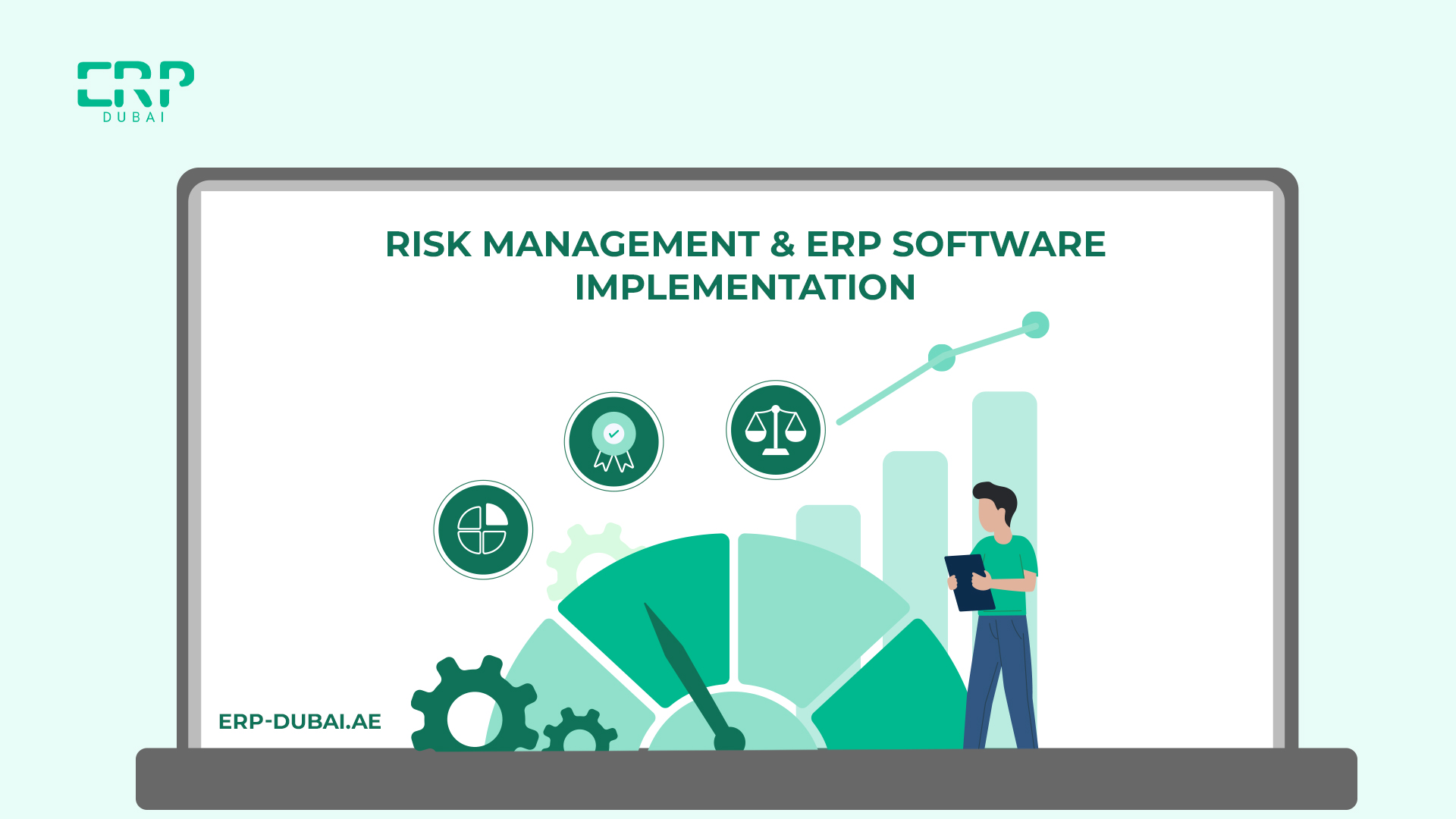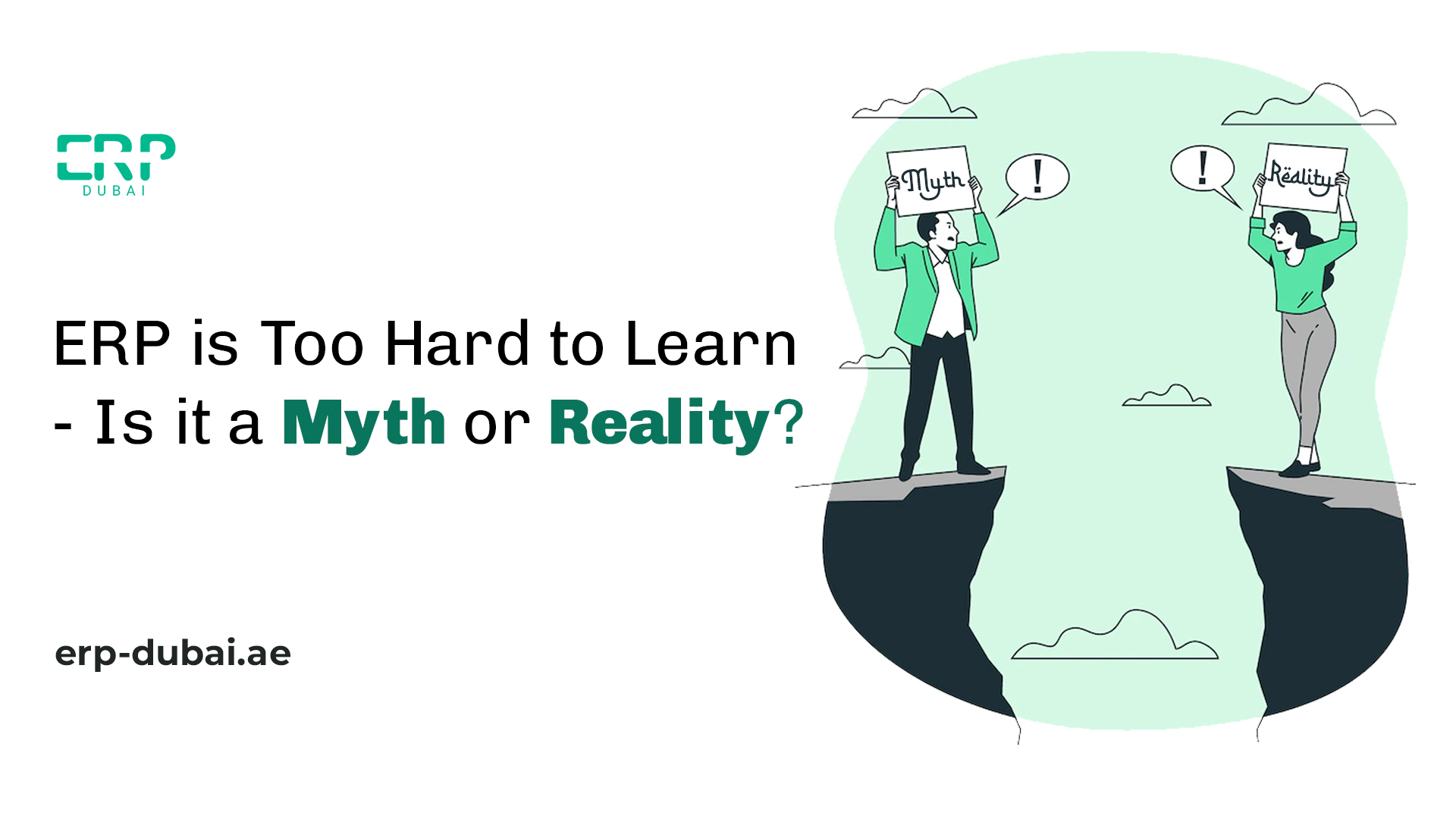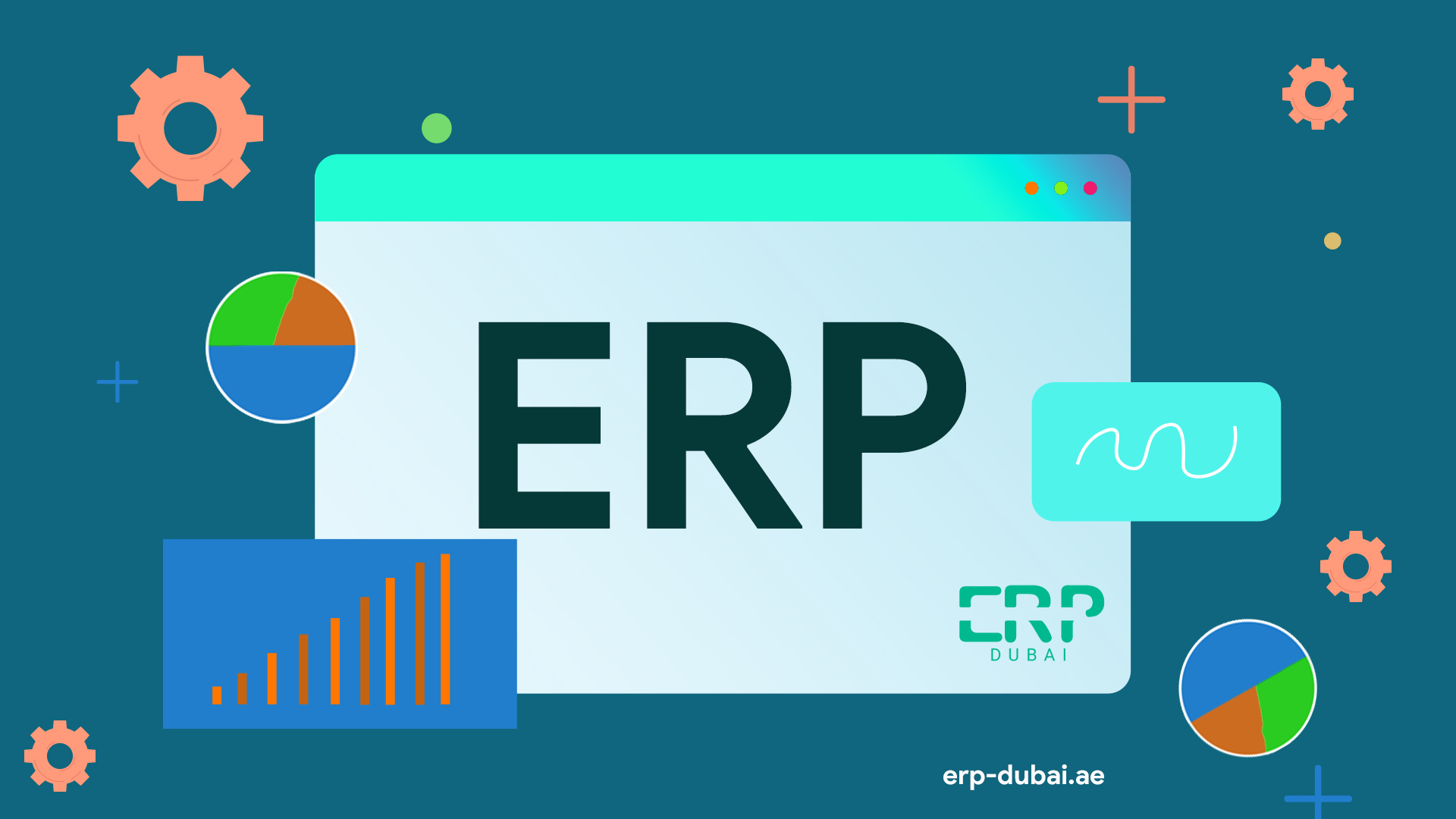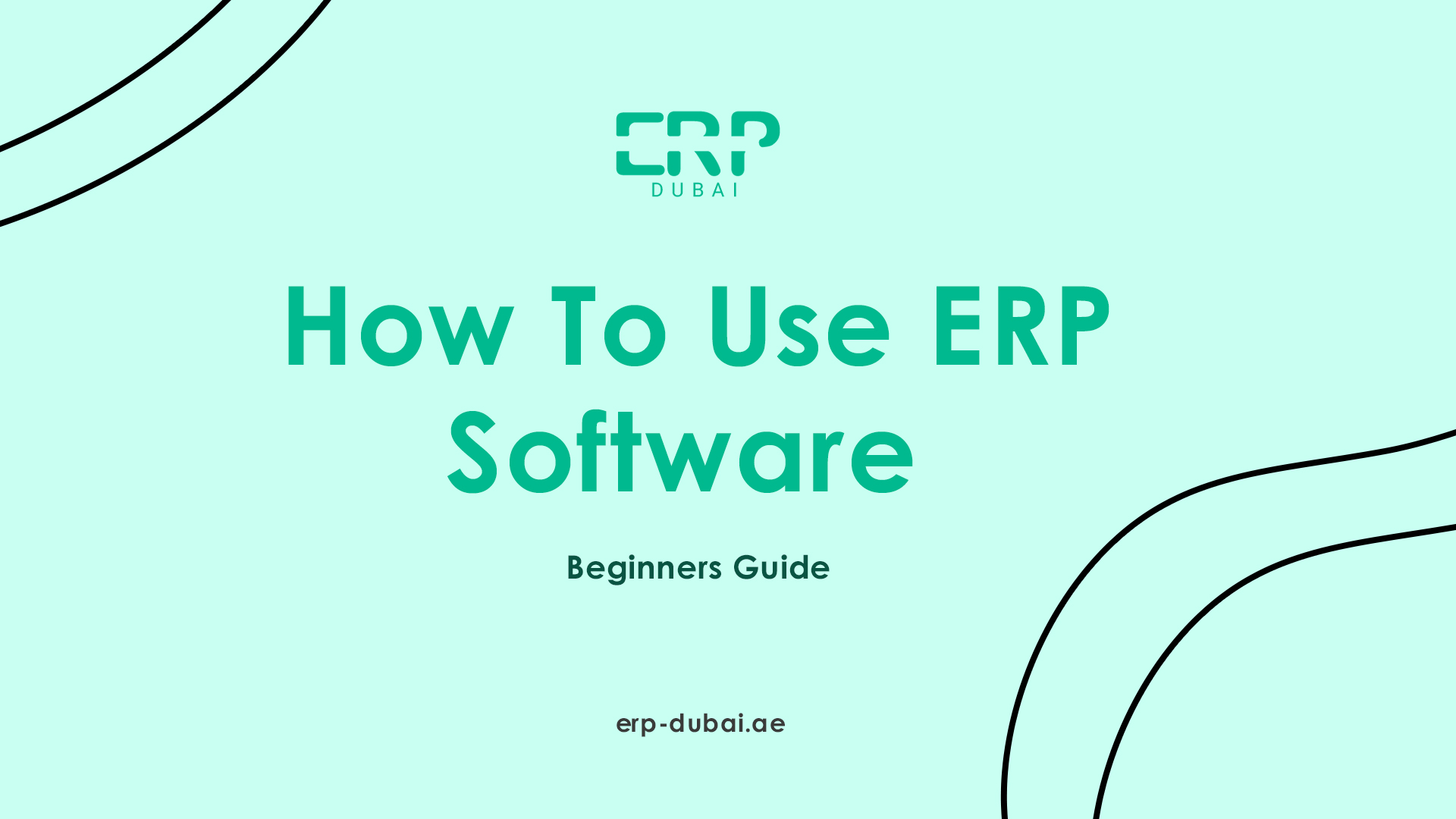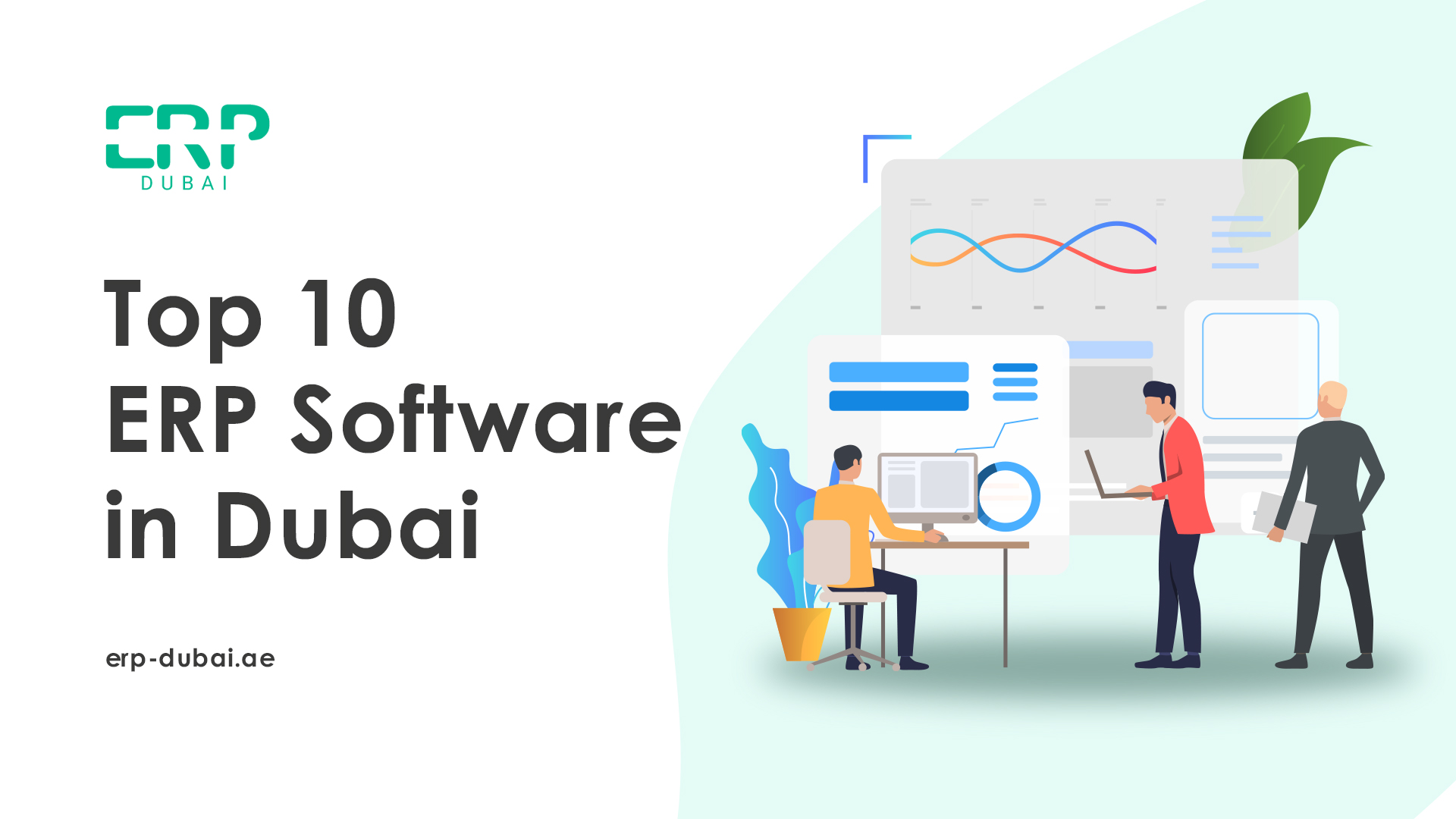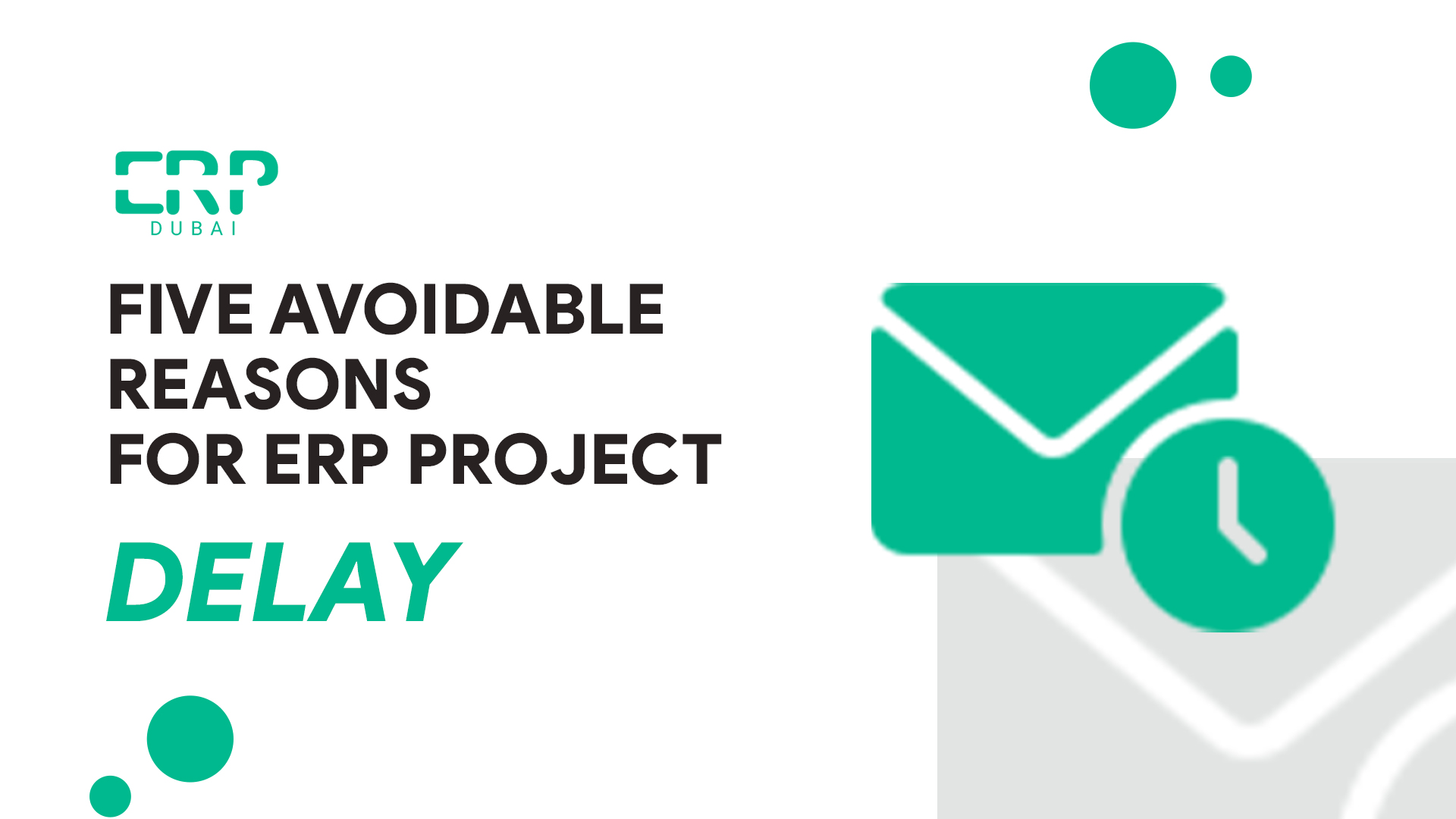No products in the cart.
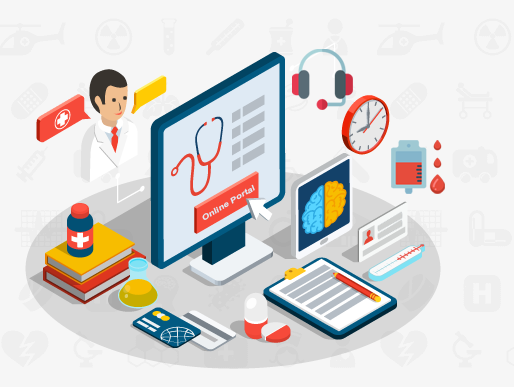
ERP Software for Compliance in Regulated Sectors
Industries like pharmaceuticals, aerospace, food and beverage, and medical devices, which are heavily regulated, face challenges in maintaining compliance. Failing to do so can lead to penalties, lawsuits, and license loss. ERP software provides a robust solution to optimize processes while meeting regulatory standards.
This article explores the role of cloud ERP software in helping regulated industries achieve compliance and enhance efficiency and competitiveness.
The Relationship Between Regulatory Compliance and ERP Software
Since Gartner’s definition of ERP as an “integrated suite of business applications” in the 1990s, ERP systems have become crucial for companies seeking real-time insights into their operations. Among the many benefits of ERP, these systems help manage data and processes across various business areas within a unified system. Companies often incorporate extra modules for specific functions like finance, human resources, supply chain, logistics, manufacturing, and customer relationships, all subject to regulation.
Leading ERP systems feature tools that assist companies in developing and maintaining policies and procedures to meet regulatory requirements. Some ERP systems even embed regulatory practices, simplifying compliance. For instance, U.S. public companies must adhere to Generally Accepted Accounting Principles (GAAP), a standardized set of accounting standards. ERP systems can integrate these principles into workflows to automate tasks, enhance efficiency, and reduce errors. Additionally, ERP systems offer features like automated workflows and audit trails, significantly streamlining compliance efforts. Cloud-based ERP vendors regularly update their software to help customers stay compliant with ever-evolving regulations.
Investing in ERP software enhances data visibility, security, and traceability, facilitating regulatory compliance. How does ERP achieve this? Let’s delve deeper.
Enhancing Visibility and Control
ERP software consolidates business processes into a unified system. It significantly resulted in more consistent data and improved workflow efficiency across the organization. Consequently, it provides better control over critical business information.
With its range of built-in dashboards and customizable reports, ERP software offers unparalleled insight into your business’s health and performance. Users can delve into key performance indicators (KPIs) with greater depth and breadth compared to standalone CRM or accounting systems.
Furthermore, ERP software’s forecasting capabilities shed light on the interplay between different business functions, such as the impact of new hires on production and revenue generation.
This heightened visibility ensures more accurate record-keeping, benefiting not only your understanding of business performance but also that of the general public and shareholders.
Safeguarding Data Security
ERP systems house extensive amounts of data, including sensitive information like bank account details and personal health records. It is incumbent upon businesses to responsibly manage both the data and the software housing it, which is why laws like HIPAA and GDPR exist.
ERP software serves as the initial line of defense against potential security breaches, offering tools to protect data from malicious actors. Common security features encompass:
- Access Control. Managing and distributing user permissions, including regular reviews and automated rights-related processes.
- Internet of Things (IoT) Endpoint Security. Inventorying company devices, such as computers and smartphones, often with the ability to segregate devices and analyze network traffic.
- Compliance Management. Enforcing industry-specific regulatory compliance and facilitating the tracking, verification, and auditing of transactions.
Protecting ERP data involves a multi-faceted approach, requiring both mitigation and prevention capabilities. ERP software plays a pivotal role in proactively mitigating threats.
Improving Traceability and Quality Control
In the manufacturing sector, product tracking across the supply chain stages is crucial for regulatory compliance. ERP software’s inventory tracking and supply chain modules ensure product quality from raw material acquisition through distribution.
This is particularly vital for food and beverage companies that must maintain freshness for perishable goods. For instance, a guacamole producer can use ERP software to source avocados, plan production cycles based on acquisition and distribution dates, and adjust processes to minimize food waste while meeting regulatory standards.
Next Steps: Implementing Your ERP Software Effectively
Now that you understand how ERP software can assist your business in achieving regulatory compliance, it’s time to take action. Here are immediate actions to initiate:
- Define Compliance Parameters. Begin by delineating what compliance means for your organization. Regulations vary based on your industry; for instance, financial sector regulations differ from those in manufacturing. To achieve regulatory compliance, you must first understand the relevant regulations. Consider consulting legal experts if necessary.
- Evaluate ERP Software. Assess whether your existing ERP system (if applicable) meets your compliance needs. If not, consider upgrading. Our extensive list of over 170 ERP software vendors, featuring buyer’s guides and reviews from verified users, is an excellent starting point.
- Seek Assistance. If you require guidance in selecting a specific ERP system, our advisors are ready to assist you. They offer free, prompt, and personalized software recommendations, catering to companies of all sizes. Schedule an appointment with an advisor here.
The bottom line
Elate ERP incorporates compliance features into its design. It certainly provides audit-ready solutions that support and enhance your governance, risk, and compliance (GRC) initiatives. With a wide array of capabilities and embedded processes, Elate ERP effectively addresses complex regulatory, operational, and compliance challenges as your business expands. Moreover, it establishes a sustainable GRC framework and proactively manages risks on an ongoing basis. Hence, contact ERP Dubai experts for effective ERP compliance today.




